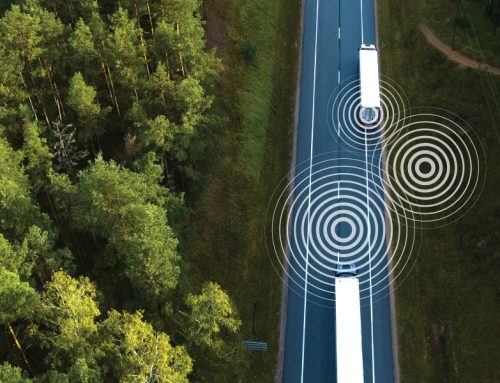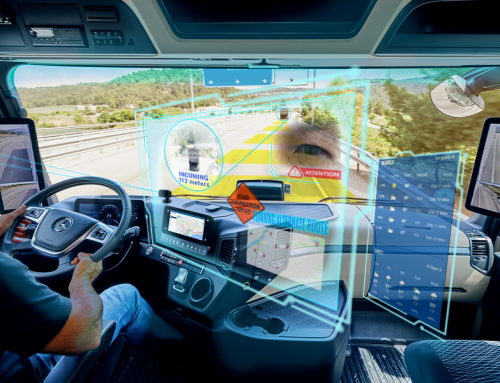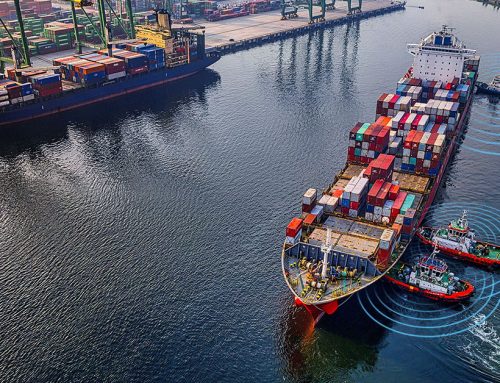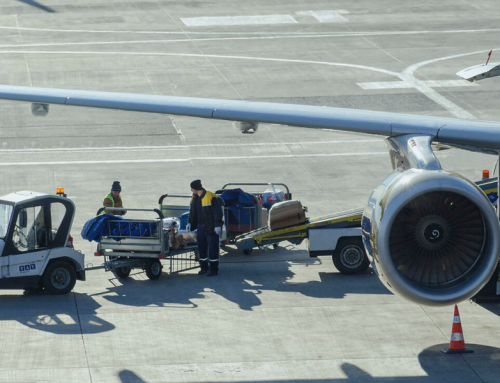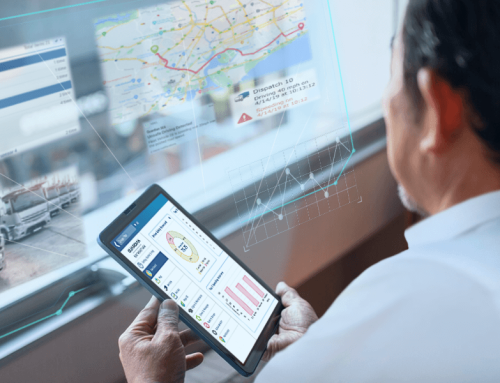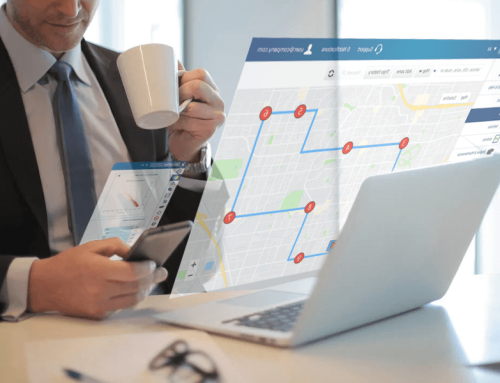
Having access to accurate vehicle data in today’s transportation industry is essential to the success of an organisation that utilises a fleet in its operation. Recent changes in customer expectations and competition in the industry require that an organisation consistently adapt to meet customers’ demand for transparency and run a more efficient operation to maximise profit while reducing cost. Having the fitting telematics installed that provide the data needed to meet the needs of the customer and the organisation is essential to success.
Accurate Vehicle Data and How It Impacts Your Business
The changing landscape in the transportation industry in recent years brought to light the importance of having accurate vehicle data. Rising fuel costs increased demands for transparency from customers, tighter safety regulations, and a dramatic increase in e-commerce and online shopping during the pandemic have put pressure on existing businesses that utilise a fleet to optimise their operations to remain competitive. Accurate data allows the organisation and fleet managers to make informed decisions and correct changes to increase efficiency and reduce costs. Guardian SEA’s telematics system can provide an organisation with the right tools to meet these demands.
- Guardian SEA system allows fleet managers to accurately track vehicles and respond to customers’ need for transparency concerning the estimated arrival time for their deliveries in real-time. Customers expect fast and accurate information. The demand will only increase in the future, and Guardian SEA has the tools to help you stay on top of customer requests.
- Guardian SEA provides fleet managers with valuable data on driving behaviours such as speeding profiles, harsh acceleration, cornering and braking. Driver scorecards are available, allowing fleet managers to pinpoint which driver needs attention. These metrics will enable fleet managers to correct bad behaviours, provide coaching, and implement measures to improve driver performance and increase the organisations’ safety profile through risk mitigation.
- Guardian SEA provides fleet managers with data needed to increase efficiency and optimise the operation, such as reducing fuel costs optimising routes for faster deliveries. Data on mileage, driver speed and idling times are vital and are metrics that are easily accessible.
- Guardian SEA’s advanced collision avoidance system can help drivers avoid accidents that could result in high costs and injury. As multiple studies show, getting distracted while driving is a significant cause of accidents. The damage an accident can cause a company goes beyond just vehicle costs for vehicle downtime and repairs. Accidents also affect the image and reputation of a company and, most importantly, possibly save lives.
- Guardian SEA telematic system is consistent and accurate. Fleet managers can suffer from insufficient and inaccurate data, which can, in turn, lead to bad decisions. Wrong information reduces the effectiveness of any procedural changes implemented by the organisation. THE Guardian SEA system has proven highly reliable, allowing your organisation to make decisions with confidence
Conclusion
The importance of integrating telematics data with operations should not be understated. The leverage provided by telematics allows drivers, companies, and fleet managers to adjust to changes when needed quickly, reduces the failure of delivery for critical shipments, optimises routes, and improves the organisation’s overall efficiency. Data-driven solutions are necessary for today’s competitive landscape and will be more so in the future as it allows an organisation to be resilient.
Digitalisation is the future. An increasing number of companies and fleet managers have realised that the telematics solutions such as those that Guardian SEA provides are more than just a cost-saving tool. Data-driven fleets will reshape how an organisation functions in the future as efficiency and safety become more and more critical. An organisation that seamlessly integrates data with its business process has a competitive advantage in this fast-evolving landscape


